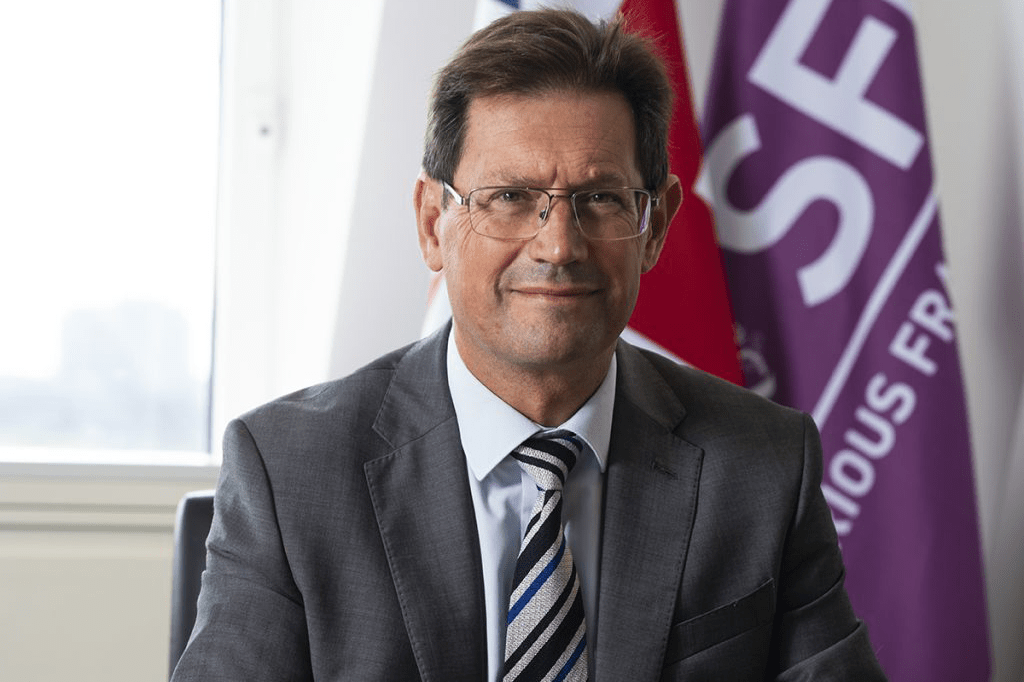In a “To Whom It May Concern” statement published late last week, SEC Commissioner Hester Peirce tipped her hat at the recent joint proposal from the Bank of England and the FCA for a digital securities sandbox (DSS).
She said the proposed sandbox initiative “reflects a commendable commitment to incorporating
Register for free to keep reading
To continue reading this article and unlock full access to GRIP, register now. You’ll enjoy free access to all content until our subscription service launches in early 2026.
- Unlimited access to industry insights
- Stay on top of key rules and regulatory changes with our Rules Navigator
- Ad-free experience with no distractions
- Regular podcasts from trusted external experts
- Fresh compliance and regulatory content every day













